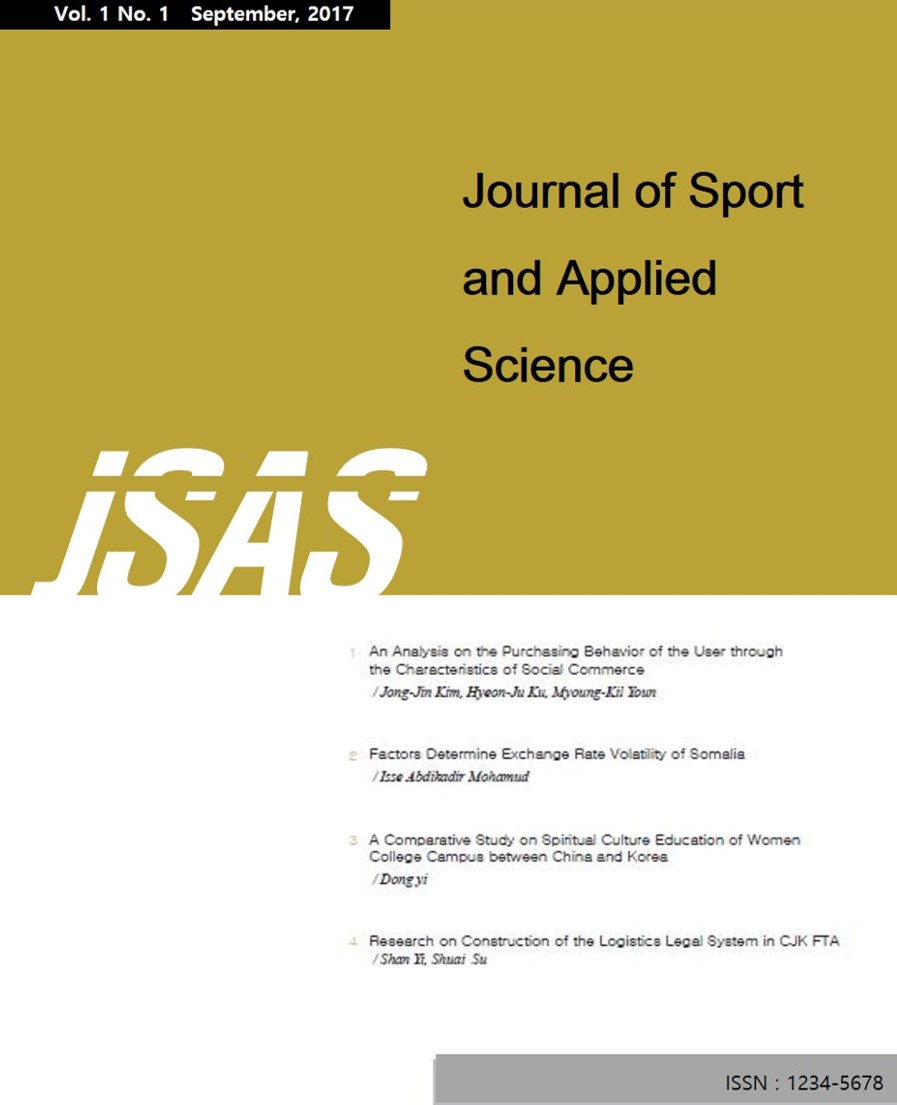 E-ISSN : 2586-6028
E-ISSN : 2586-6028
Vol.8 No.3
Abstract
Purpose: This study aims to verify the effectiveness of acute anodal transcranial direct current stimulation (A-tDCS) using Halo Sport headset device on golf performance in professional golfers. Research design, data, and methodology: Eight professional golfers who voluntary participated in high-level golf tournaments were recruited in this study. They attended one single-session intervention which was stimulated by Halo Sport headset device (n=8). The A-tDCS halo sport session lasted for 20 minutes and stimulated on the motor control area of the cortex (M1). Four golf swing performance tasks (driver, iron, 100-yard shot, 50-yard shot) were performed before and after halo intervention. Key indicators of golf swing performance (Club Speed, Face Angle, Ball Speed, Smash Factor, Spin Rate, Side, Carry, Total) were collected by Trackman launch monitor. Results: In Halo session, there were no found statistical significance in driver, iron and approach (100, 50 yards) after intervention (P<0.05). Even some of variables (face angle, smash factor, carry and total distance) in driver, distance accuracy of 100 yards and direction accuracy of 50 yards were slightly improved tendency, but it was not significant (P<0.05). Meanwhile, there was any enhance all of variables in iron. Conclusions: As a result, the current study concludes that the acute A-tDCS halo sport intervention has no effect on the positive golf performance improvement for professional players. Further implications were discussed.
Abstract
Purpose: This study sought to explore concepts and features of nature sports. In specific, this study reviewed literature dis-cussing historical background of nature sport and its relationship with related fields including conservation, tourism, and education. Research design, data, and methodology: This study employed an integrated literature review approach. For this, the study collected prior studies and reports via google scholar. Further the collected studies were analyzed and major issues regarding concepts and features of nature sport were presented. Results: For results, various definitions of nature sports and similar activities were presented. The study found that nature sports labelled action sports, adventure sports, alternative sports, Californian sports, extreme sports, gravity sports, lifestyle sports, nature challenge activities, new sports, outdoor sports, panic sports, risk sports or whiz sports, among others. Nature sport involve interacting with a natural or material fea-ture, rather than with other human beings. Furthermore, this study discovered features of nature sport, including nature based activities, sustainable activities, adventure and risk activities, hedonistic and non-competitive activities, and autonomous and individualistic activities. Conclusions: Nature sport has its own distinctive features compared with traditional sport, yet it shows similarities with constructive sport in terms of perceived benefits and so forth. Further implications were discussed.
Abstract
Purpose: This study aims to investigate the consumption patterns of the MZ generation in relation to eSports and traditional professional sports, focusing on the similarities and differences in spending behavior on game items and professional sports viewing. Research design, data, and methodology: The research utilizes a comparative analysis of eSports and professional sports consumption trends within the MZ generation. Data was collected through surveys targeting MZ generation consumers and analyzed using statistical methods to assess the impact of consumption behaviors on spending. The study particularly focuses on the expenditure behaviors in game items (eSports) versus traditional sports viewing expenses. Results: The analysis revealed that the MZ generation displays distinct consumption behaviors between eSports and traditional sports. eSports consumption is characterized by higher spending on in-game items, driven by personalization and competitive ad-vantages, whereas spending on professional sports viewing is influenced by fan loyalty and event participation. Conclusions: The findings underscore the growing economic significance of eSports, driven by the unique consumption behaviors of the MZ generation. These insights suggest that the eSports industry should continue to adapt its strategies to capitalize on this trend, while traditional sports organizations may need to innovate in engagement strategies to maintain consumer interest and expenditure.
Abstract
Purpose: The purpose of this study is to explore, extract and categorize the team's tactical factors in soccer matches. Tactical factors are extracted on the basis of the phases consisting a football match (attack, defense, attacking transition, and defensive transition). Research design, data, and methodology: A semi-structural interviews were conducted with a group of experts of five football managers and coaches to explore tactical factors. Analysis of the content was done using a categorical aggregation or direct interpretation, and then was conducted factorial extraction and categorization. Results: In the attack phase, a direct attack and a step-by-step (occupation) attack form the type of attack, and in the attack transition phase, a long counter attack and a short counter attack form the type of attack. The type of defense in the defense phase was divided into regional defense and compression defense, and the type of defense in the defense transition phase was divided into defense for delaying counterattacks and defense for immediate pressure. Each tactics appeared differently depending on the situation of the game and the play of style. Conclusions: It may indicate the team’s performance and has the potential for being used as a team performance factor. Further implications were discussed.













